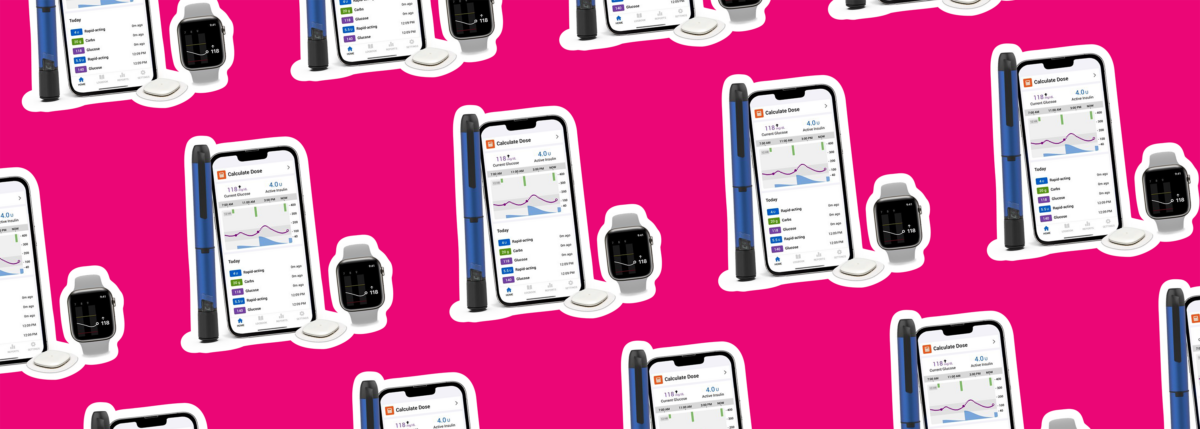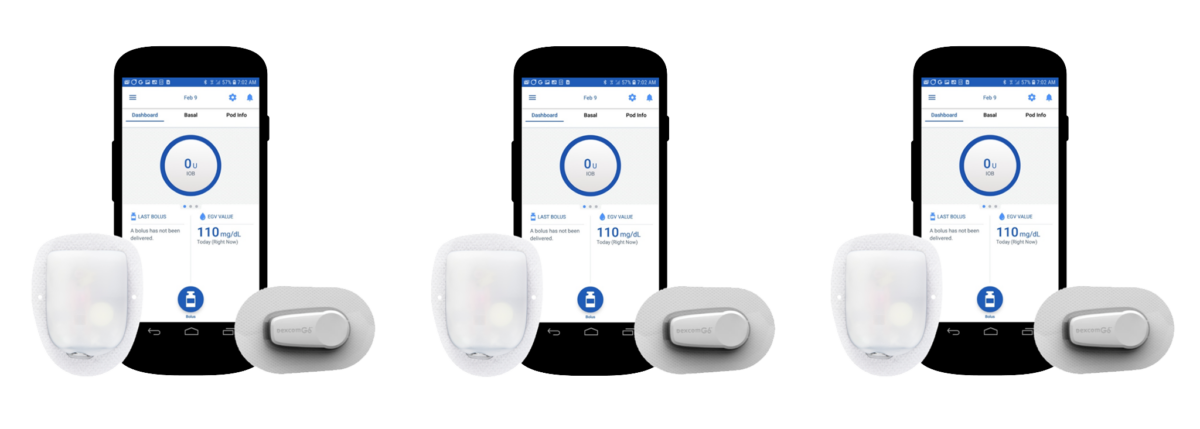Making Broadway More Accessible With JP Qualters
Written by: Kayla Hui, MPH
3 minute read
June 24, 2021
JP Qualters, a 31-year old personal trainer, former Broadway performer, and coiner of the hashtag #gaydiabetic, has lived with diabetes for 21 years. Qualters started performing at the age of 5 and was then diagnosed with type 1 when he was just 10 years old, along with celiac disease. At times, Broadway and navigating type 1 posed physical and mental health challenges that eventually informed Qualters’ life and career trajectory. He hopes that the lessons he learned will help other folks with diabetes navigate the theater landscape.
For three years, Qualters was a performer on the Broadway show Kinky Boots and followed the show as it made its way to Japan and Germany. Shortly after his Kinky Boots tenure, Qualters joined School of Rock for two years until their closing. He says that having diabetes has made him constantly aware of his health status. “We [Broadway performers with diabetes] are even more cognizant of our health and our diabetes because you’re on stage for two hours and a half,” Qualters tells Beyond Type 1.
One challenge that Qualters faced was struggling to manage his diabetes due to the lack of access to diabetes technology. After a quick costume change, Qualters would prick his finger. “I didn’t have a Dexcom [continuous glucose monitor] then, this was five or six years ago. I was checking my blood sugar anytime I left the stage,” Qualters recalls. Coupled with insulin dosing, “as a performer, you have to think about a million things like the lyrics, the lines, costume changes and the set moves.”
Like many other sports, Broadway is physically demanding, requiring repetitive movements and eight-show work weeks. “I would consider dancing like doing high interval or intensity workouts,” Qualters says. “Kinky Boots was a pretty dance heavy show.” Different types of exercise impact blood sugar levels in different ways; exercise that combines both aerobic and anaerobic movement—like dance—can create difficult to predict blood sugar swings that, while manageable, take time to learn how each person’s body reacts.
In addition to managing the combination of Broadway and diabetes, keeping his body strong and healthy became a challenge. The high level of activity Broadway shows required also necessitated far more food consumption to keep JP’s body fueled. “I was having 3,000 calories a day and having to take double the amount of Humalog that I take,” Qualters says. Taking double the amount of Insulin can be costly with a vial ranging anywhere from $175 to $300, making the Broadway profession uniquely costly for a person with insulin-dependent diabetes.
Qualters also experienced mental health issues while on Broadway. “I was having lows all night and I could barely get through the show without having two glasses of orange juice and a container of glucose tablets. Some people really didn’t understand that,” Qualters shares. “I put it on myself to say that I wish that I didn’t hide it or mask it as much as I did.” Qualters said he wished there were more mental health resources for people with diabetes. “There aren’t a lot of resources. We didn’t have therapy or therapists,” Qualters says.
This experience catalyzed Qualters’ aspiration to advocate for mental health services for people in the theater world, specifically musical theater and dance, so he is working with therapists to normalize therapy in the theater space. “Theatre schools, dance, performance, whatever it may be, [should] start having therapists on call or as part of theater programs [so students and performers] know that it’s okay to ask for help.”
Although the journey as a Broadway performer with diabetes has not been easy on Qualters, he says that the journey has taught him lessons that he hopes to share with others. “I would like to become an accountability coach,” says Qualters. As an accountability coach, Qualters would write workout plans, check in on his clients daily and develop meal plans to help people with and without diabetes achieve their fitness goals.
Qualters envisions a world where diabetes doesn’t define someone’s career trajectory. “As someone that is part of the LGBTQ community and a person with diabetes, I wasn’t going to let diabetes stop my life and career,” Qualters says. “Don’t be afraid to ask for help, reach out when you do need it and don’t be afraid to speak your truth.”

Author
Kayla Hui, MPH
Kayla Hui is the health reporter for Beyond Type 1 covering diabetes, chronic illnesses and health inequities. She received her Masters in Public Health from the Boston University School of Public Health. Kayla won a Pulitzer Center fellowship and Slants Foundation award in 2020 for her project on the mental health of Chinese immigrant truck drivers. Her published work can be found at Healthline, Verywell Health, Pulitzer Center and more. Outside of work, Kayla enjoys rock climbing, baking and buying plants she doesn’t need. You can follow Kayla on Twitter at @kaylanhui.
Related Resources

On November 20, 2024, Medtronic received FDA clearance for its latest InPen app. This advancement...
Read more

Eli Lilly and Company is helping patients and caregivers understand important changes to Medicare Part...
Read more

Already compatible with Dexcom’s G6 and G7 continuous glucose monitors (CGMs), the Omnipod 5 Automated...
Read more

